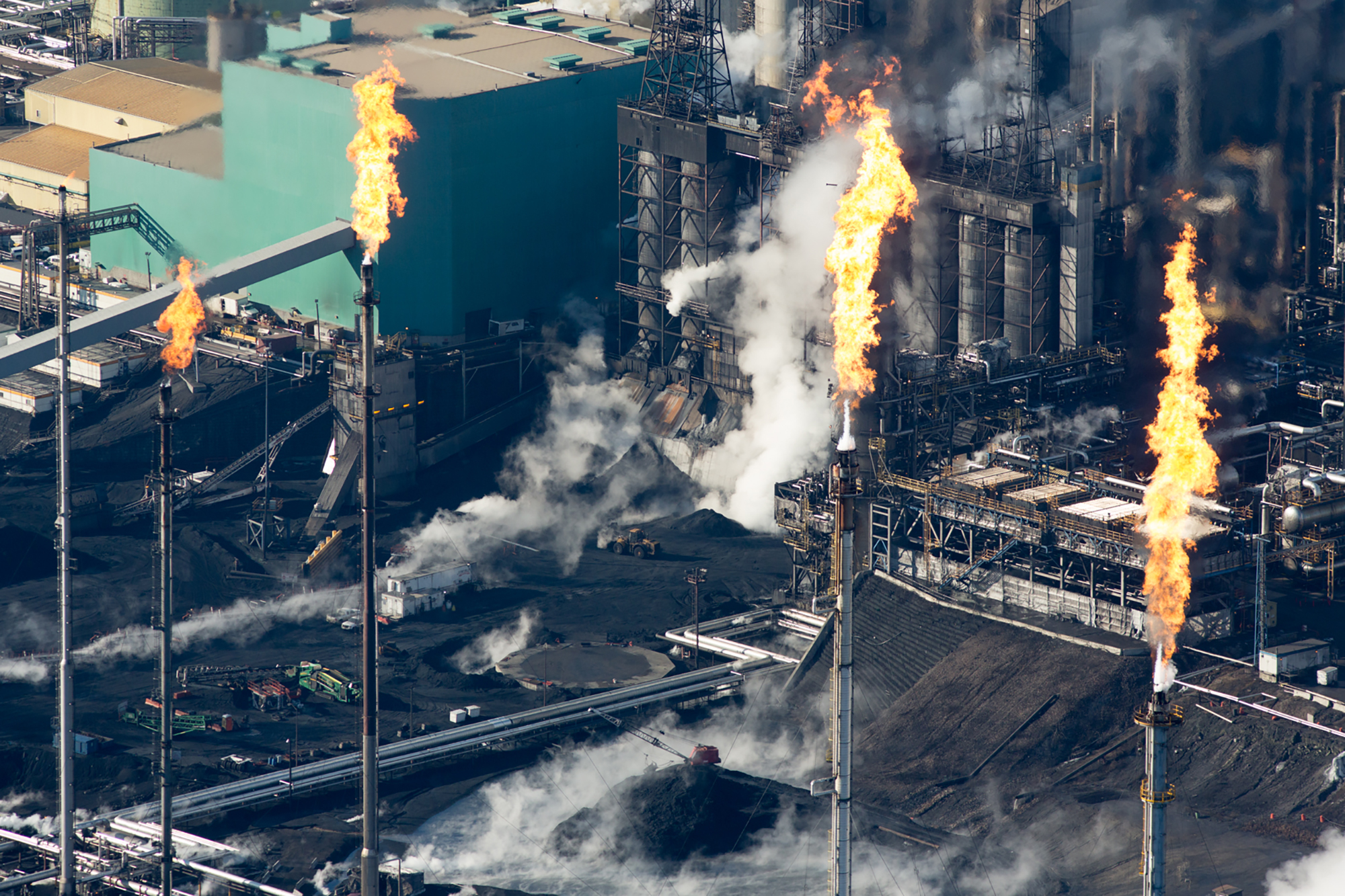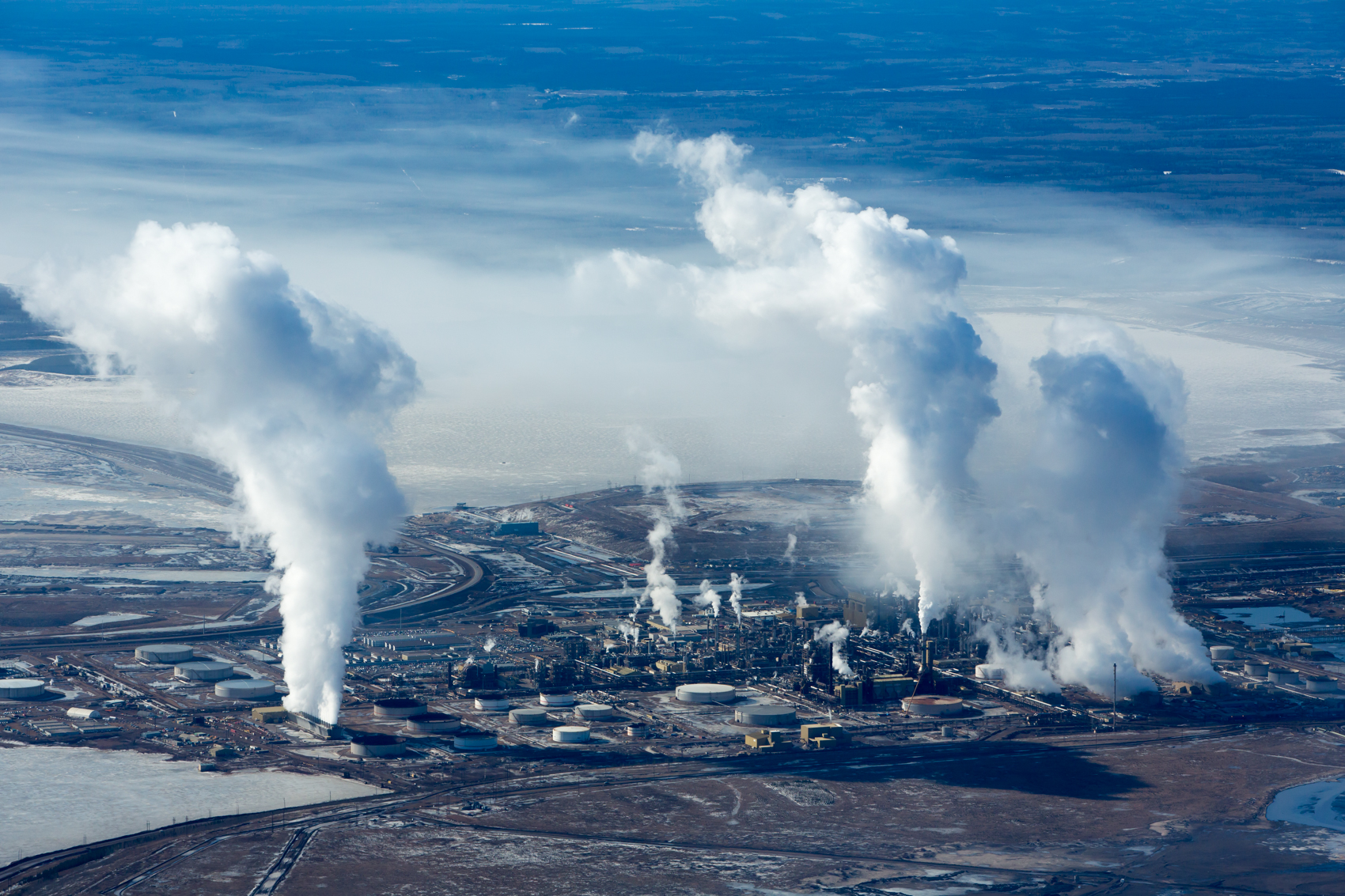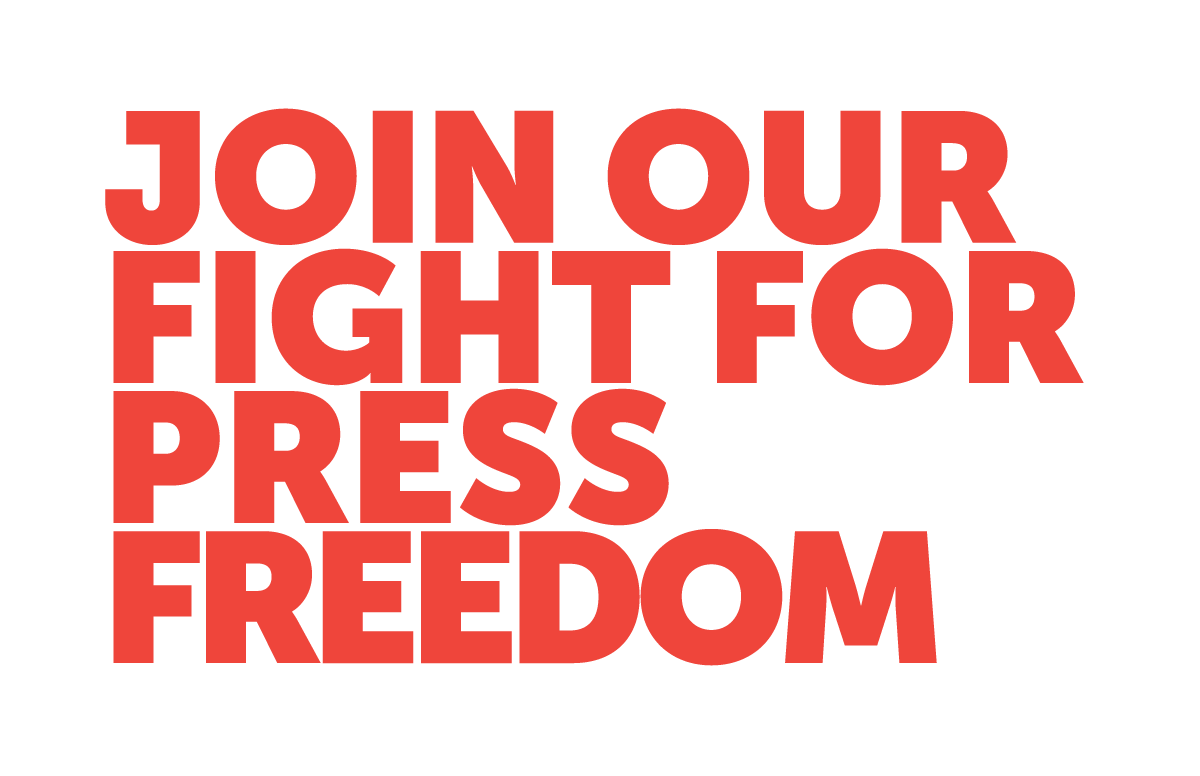Prime Minister Justin Trudeau took the stage at the international climate talks on Monday and pledged to cap and then cut emissions from Canada’s oil and gas sector, reiterating a promise he’d already made to the Canadian public during the late summer election.
While the details of how Trudeau’s government plans to fulfil that commitment aren’t yet clear, a new analysis published on Wednesday by Environmental Defence Canada and Oil Change International shows Ottawa is up against an industry that has no plans to wind down production.
“The production plans of Canada’s oil and gas industry are wholly out of line with what’s required to stay below 1.5 degrees of global warming,” Kelly Trout, research co-director at Oil Change International and a co-author of the new report, said during a webinar Wednesday morning.
More than a dozen other environmental groups collaborated on the report, which assessed the climate plans of eight Canadian oil and gas producers: Canadian Natural Resources, Cenovus Energy, Suncor Energy, Imperial Oil, Tourmaline Oil, Arc Resources, Ovintiv and Shell Canada.
What they found were vague commitments to reduce greenhouse gases that rely on technologies to capture and store carbon and largely ignore emissions released when their product is burned to produce electricity, heat homes or power vehicles. Known as scope three emissions, these account for roughly 70 to 80 per cent of the greenhouse gases tied to Canada’s oil and gas sector, according to the report.
“The takeaway is these plans shouldn’t be given any credibility by anyone, especially governments,” Dale Marshall, national program manager at Environmental Defence, said during the webinar from Glasgow, where international climate meetings are underway.
Neither Canadian Natural Resources, Cenovus Energy, Imperial Oil, Tourmaline Oil, Arc Resources, Ovintiv or Shell Canada responded to The Narwhal’s request for comment by publication.
Four of the companies — Canadian Natural Resources, Cenovus Energy, Suncor Energy and Imperial Oil — are part of an alliance announced in June aiming to cut emissions from their oilsands operations to net zero by 2050.
A spokesperson for Suncor said they had not reviewed the report and had no one available to comment at this time. Instead, The Narwhal was directed to Suncor’s sustainability and climate reports.
Suncor’s most recent climate report says the company has a series of strategic objectives, including goals of having net zero greenhouse gas pollution by 2050 and expanding what it describes as “low emissions business.” The report also highlights Suncor’s recent solar and wind projects while noting that some of its recent investments in wind and cogeneration have made the company the fifth-largest and one of the most carbon-competitive independent power producers in Alberta by generation capacity. The report also says that Suncor is allocating about 10 per cent of its annual capital budget or $500 million on investments to advance what it calls “low-GHG energy offerings.” These investments could include measures to increase renewable fuel blending in diesel and gasoline.

Decline of oil and gas needed to meet climate targets, International Energy Agency found
In 2015, countries around the world agreed they would work to limit global warming to 1.5 degrees Celsius above pre-industrial temperatures to avoid the most devastating effects of climate change — a goal that requires emissions to be net-zero by mid-century.
Since then, dozens of countries have pledged to drive their emissions to net-zero by 2050, meaning any greenhouse gases that can’t be eliminated would be reabsorbed by nature or technology.
According to the International Energy Agency meeting that goal will involve a dramatic decline in fossil fuel production.
In its Net Zero by 2050 roadmap, released earlier this year, the agency determined there can be no further exploration for new oil resources or development of new oil fields if the world is to reach net-zero in the next 30 years.
In its net zero scenario, oil demand declines by four per cent per year over the next three decades, while natural gas demand and supply are also expected to decline significantly.
No new natural gas fields are needed under its net-zero scenario — neither are many of the liquefied natural gas facilities under construction or planned.
In B.C., plans to expand production of natural gas and develop British Columbia’s nascent liquefied natural gas industry have been a major sticking point in the government’s climate plans. While the province recently released an update to its CleanBC plan, it remains unclear how exactly the government plans to address emissions from the sector.
Report finds oil and gas companies’ climate plans ‘grossly insufficient’
In Canada, however, oil and gas companies are planning to expand production, according to the Big Oil Reality Check report by Environmental Defence and Oil Change International.
“To 2030, Canadian producers are on track to expand annual oil and gas production in Canada by nearly 30 per cent above 2020 levels, resulting in a 25 per cent increase in annual carbon emissions,” the report says, based on data from Rystad Energy, an energy research company based in Oslo.
While the eight companies analyzed in the report have made some climate commitments, the authors warn they “must not be taken at face value.”
Ultimately, the report found none of the companies had committed to stop exploration, stop approving new extraction projects, reduce production by 2030 or create plans to eventually phase out production entirely.
None have agreed to end lobbying or ads that “obstruct climate solutions.”
But Environmental Defence and Oil Change International raise concerns about the industry’s focus on carbon capture, utilization and storage — technology that “remains unproven at scale,” according to the report.
At the same time, they note the alliance is not targeting scope three emissions, the gases emitted when the oil and gas they produce is burned.
Suncor, which is the only major Canadian-based company assessed in the report to commit to addressing scope three emissions, has committed to an interim 2030 goal of cutting greenhouse gases by 10 million tonnes across its value chain.
While cutting 10 million tonnes would amount to an almost 30 per cent reduction of emissions from Suncor’s operations, when the company’s scope three emissions are considered, it amounts to a seven per cent reduction, according to the report.
Globally, Shell, which has plans to expand natural gas production in Canada, has committed to reduce emissions from its operations as well as the energy the company uses to power its operations by half by 2030.
Over the longer term, the company is also aiming to be net-zero by 2050, including reducing or offsetting scope three emissions.
Other companies, including Imperial Oil, Tourmaline Oil and Arc Resources, have committed to reduce the emissions intensity of their products, according to the Environmental Defence and Oil Change International report.
Essentially, that means the companies will reduce the level of greenhouse gases emitted for every unit of oil or gas produced.
“Improving the efficiency with which you produce a harmful product is obviously insufficient,” the report says, pointing to Tourmaline as an example.
“According to its sustainability report, since 2013, it has improved the emissions intensity of fossil gas production by 31 per cent. However, because of production increases, Tourmaline’s carbon emissions doubled in this period,” the report says, adding that the emissions from burning the gas produced are not included.
Environmental Defence and Oil Change International also raise concerns about the industry’s reliance on offsets to secure emissions reductions.
“On a finite planet, the math clearly does not work,” the report says.

To do its ‘fair share’ Canada should phase out oil and gas more quickly
In a statement to The Narwhal, Tim McMillan, the president of the Canadian Association of Petroleum Producers, an oil and gas lobby group, called oil and gas “a foundational pillar of Canada’s economy.”
“It will be incredibly important for the federal government and the natural gas and oil industry to work collaboratively to ensure we meet our environmental and social outcomes,” he said.
McMillan went on to suggest that Canada could become a “preferred global supplier” of “lower emission natural gas and oil.”
Research published in the journal Nature this summer and cited in the Environmental Defence and Oil Change International report found that to keep warming to 1.5 degrees Celsius, most fossil fuel reserves must stay underground — including 83 per cent of Canada’s oil reserves and 81 per cent of its gas reserves.
If none of the oil and gas expansion plans moved forward in Canada, production would naturally decline by roughly 30 per cent by 2030, according to the report.
But the authors argue “Canada should phase out production from existing projects even faster, given it is a rich, industrialized country with a responsibility to lead globally and the capacity to ensure a just transition for affected workers and communities.”
‘Governments must say no’ to new projects
Ultimately, the report finds, it’s up to governments to stop approving new projects and invest in the transition away from fossil fuels.
On Monday, at the COP26 climate meetings in Glasgow, Trudeau said his government will “cap oil and gas sector emissions today and ensure they decrease tomorrow at a pace and scale needed to reach net zero by 2050.”
“That’s no small task for a major oil and gas producing country, it’s a big step that’s absolutely necessary,” he said.
Environment and Climate Change Minister Steven Guilbeault and Natural Resources Minister Jonathan Wilkinson sent a letter to the government’s net zero advisory body seeking their advice for how to achieve this commitment.
In a statement, Joanna Sivasankaran, a spokesperson for Guilbeault, said most oil and gas companies in Canada are committed to reaching net zero emissions and a cap on emissions will help achieve it.
“Canada is the first major oil-producing country in the world to announce a cap on emissions from the oil and gas sector,” she said, adding that the federal government would consult with provinces, territories, Indigenous organizations, industry and others about plans to reduce emissions from the sector.
CBC reported that in response to a question about why the government is not capping production, that Guilbeault said the federal government doesn’t have the jurisdiction to do so under the Constitution.
In 2015, then-prime minister Stephen Harper joined leaders of other G7 countries in committing to phase out all fossil fuel production by 2100. A few months later, the then-Alberta premier, Rachel Notley, announced a cap on carbon pollution from the oilsands sector in 2014, though regulations to manage the limit are yet to be set.
“The reality is that the federal government has all kinds of power to curtail expansion of the industry,” Marshall said, pointing to its control over subsidies, exports and interprovincial pipelines as possible avenues to limit growth of the industry.

